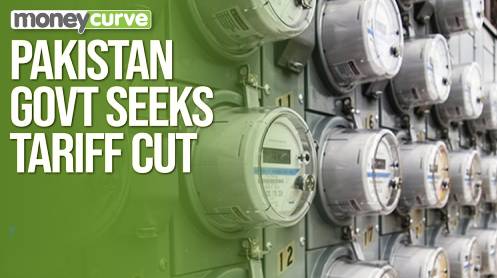The European Union tentatively agreed to set the price cap on Russian crude oil at $60 per barrel, an EU diplomat told Reuters on Thursday.
The deal must first be agreed to by Poland, who had pushed for capping Russian crude oil prices at the lowest level possible, then by all EU governments by writing by the Friday deadline.
The United States warned the EU on Thursday that the $52 cited recently for Urals crude oil may not reflect the overall level at which Russian oil has been trading. An unnamed U.S. official has said that Urals has been trading at a $17-$23 discount to crude, which would make it higher than the $52 cited by some media.
The EU has proposed setting the target $8 above that cited figure.
Poland, Estonia, and Lithuania have all voiced their opinion that the price cap on Russian crude oil insured and shipped by Western companies should be set at far lower rates–$20-$30 per barrel—Russia’s production cost—although those levels were dismissed as having very little chance of being supported by other EU members.
The EU’s current proposal is set far above the original ask from Poland, Estonia, and Lithuania. Should one or more of them disagree, the embargo on Russian maritime imports will go into effect as of next Monday, on December 5.
Under the usual market scenario, an embargo would naturally lift the price of crude oil for European buyers. But the price cap would serve to mitigate this price hike—which is why the United States has thrown its support towards the measure, and why it is cautioning the EU not to set the cap so low that they cannot gain consensus. The other issue at play is whether Russia will continue to ship its crude oil if it is price capped—and if so, how high crude oil prices would rise as a result.





